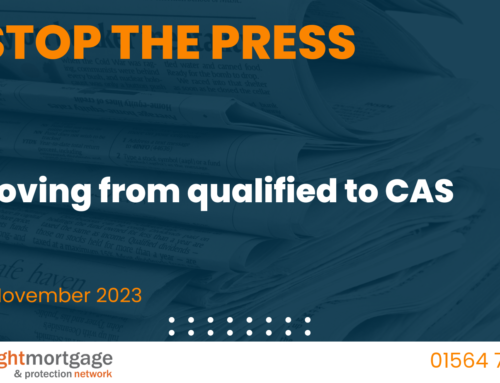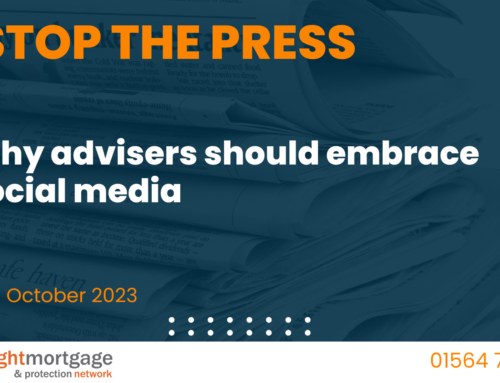As you have seen over recent weeks we’ve worked incredibly hard to develop a ‘direct to lender’ panel, which is a significant step in our development as a network. Direct relationships with lenders (as opposed to relying on ‘clubs’) affords us a greater degree of control, which will in turn will create a host of benefits for members.
From a business and compliance perspective this closer working relationship means that we’ll have a greater insight into the quality of applications submitted through the network, with lenders providing key information in relation to a whole series of measurable data and, in some situations, suspected fraudulent applications.
BUILDING A PICTURE OF INDIVIDUAL BUSINESS QUALITY
It is well documented that lenders use such data to determine the viability of panel appointment for a firm or an individual, with the potential for panel removal where a serious issue comes to light. As a network we can use this information alongside the understanding we obtain from file reviews to build up a picture of the capability and attitude to business quality of each individual; these two elements (lender data and file review outcomes) will form a key part of our ongoing assessment of competence. They will also form the cornerstone of our new T&C Scheme, which will apply to all advisers and will be introduced over the next few months, to become effective from January 1st.
Of course on occasion lenders can make mistakes, for example; removing individuals from panel as an over-reaction to (or misinterpretation of) their own data. This is where we benefit by having a direct relationship with the lenders, as we can generally intercede in support of a member where we see an issue developing. More often than not, we are able to make a positive intervention, which protects the member. The cumulative effect of this, over time, is that general standards improve and strengthens our relationships with the lender.
It is therefore crucial that advisers always operate within the sales process. Collection of customer income documents and bank statements at the earliest stage (certainly prior to submission of application), is so important. But more than merely collecting the documents, it is vital that they are checked and cross referenced to the information provided by the customer.
- Do the payslips match the income declared?
- Are there any significant outgoings on the bank statement that need further questioning: loans, subscriptions, household bills, etc.?
- Ultimately do the documents support what is stated on the DIP or application form?
I can’t stress how important it is that application forms are completed accurately. No rounding up of figures and never submit an application without having sight of documents to support the figures verbally given by the customer.
I am often asked why we require three months documents when the lender might only require one. This is where the power of intervention can help an adviser. If a lender were to contact me with concerns on a particular case then I can generally get a better view of the application from seeing a wider selection of documents on the Key. In having this I can better support the response back to the lender.
KEY POINTS TO KEEP IN MIND
I have previously commented that my view is that The Right Mortgage & Protection Network’s compliance function is here to help keep our members safe. I am re-iterating that view now; we will work hard to support each individual in the network, even in the face of difficult situations on specific cases. But, we can only do this effectively if our members work with us to comply with our sales process. To this end I wanted to use this opportunity to reiterate key components:
- Always gather evidence (customer documents) to verify the customers identity, their income and outgoings BEFORE submitting an application
- Take care to check the documents and that application forms are completed accurately
- Take care to ensure the documents are ‘real’; if in doubt, check them out!
- Create a record on the Key and maintain it in real time, uploading documents and adding notes on anything ‘unusual’. This should certainly be no later than at submission stage
- Continue to maintain the record, particularly any conversations or ‘agreements’ made with the lender
- Where lenders require additional supporting documents, submit them quickly
- If a client decides not to proceed, cancel the application with the lender and let them know why
In addition, if you are ever contacted directly by a lender about the quality of your business, then you should report this immediately to myself or to a compliance manager or officer so that we can support you.
I urge you to take care in your dealings with lenders and consider the points above. If the evidence is available to the network then we can usually find a way to support any individual. Without it, it becomes really hard to do so.
As for that new T&C Scheme I mentioned earlier? I’ll tell you more in the coming weeks.




